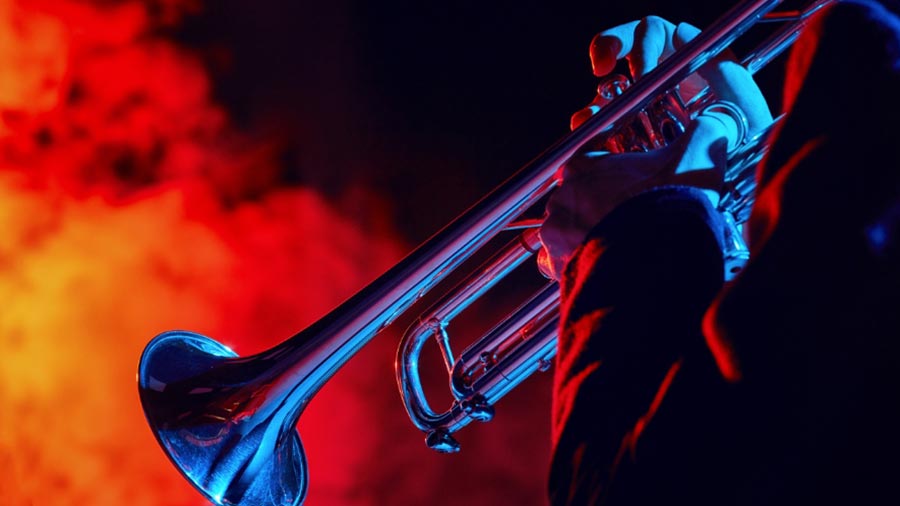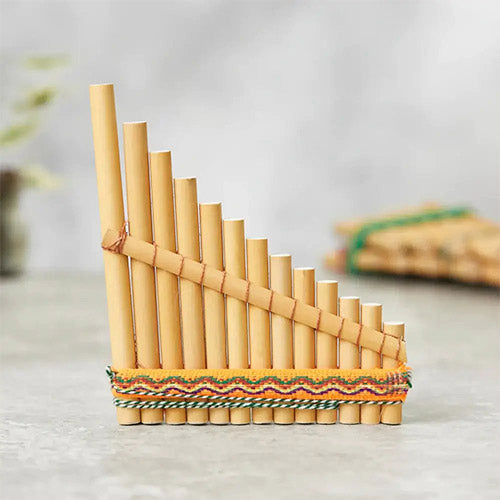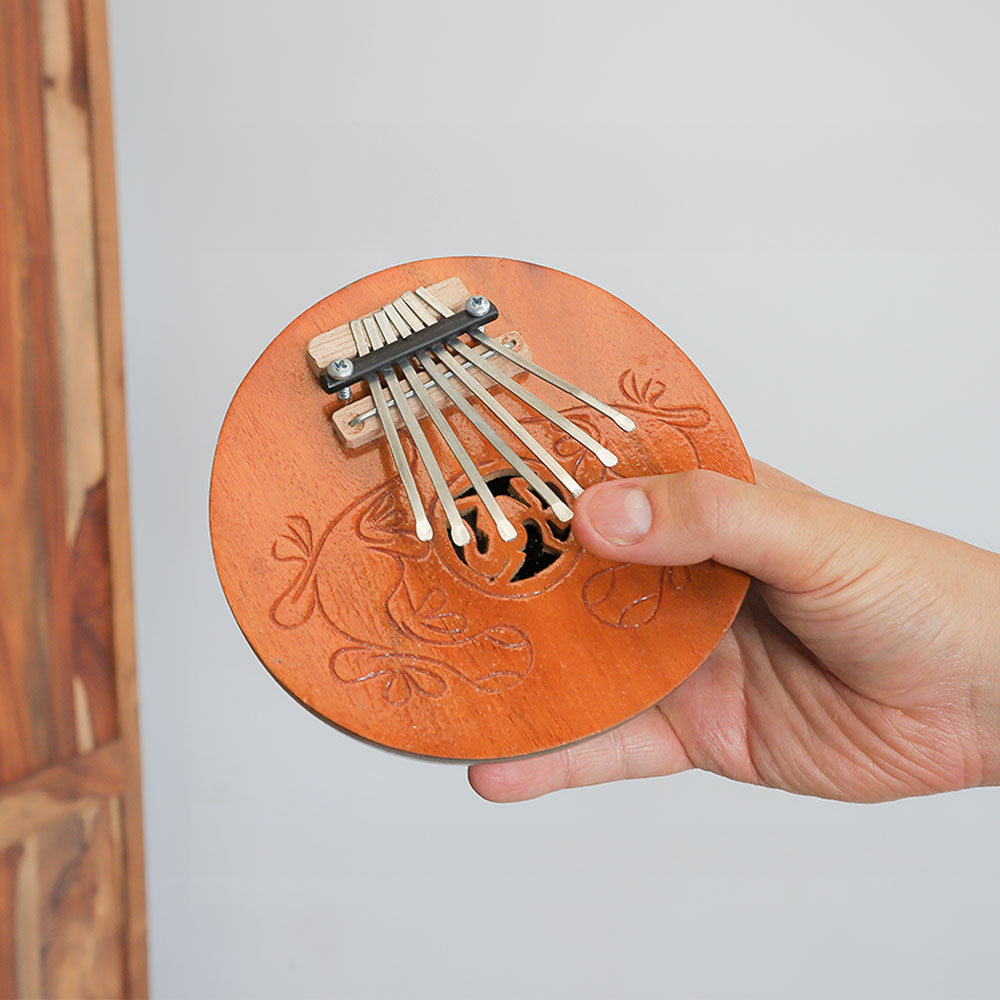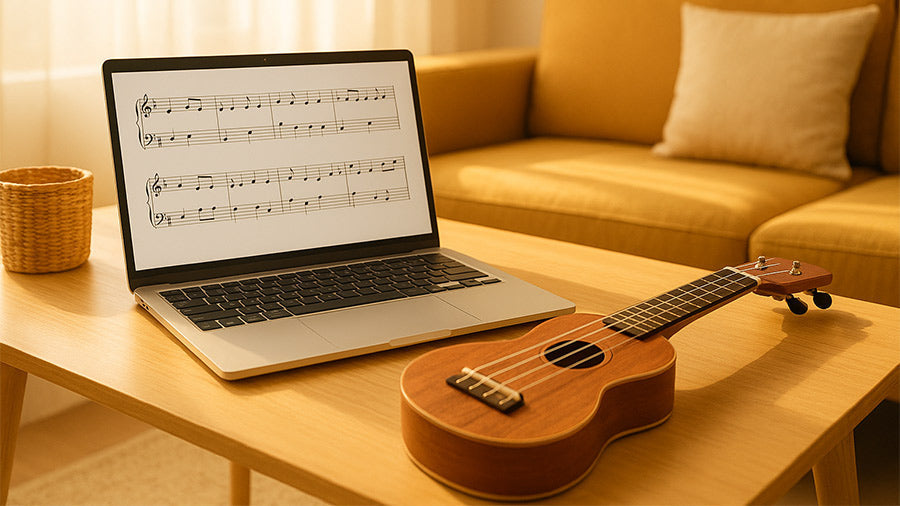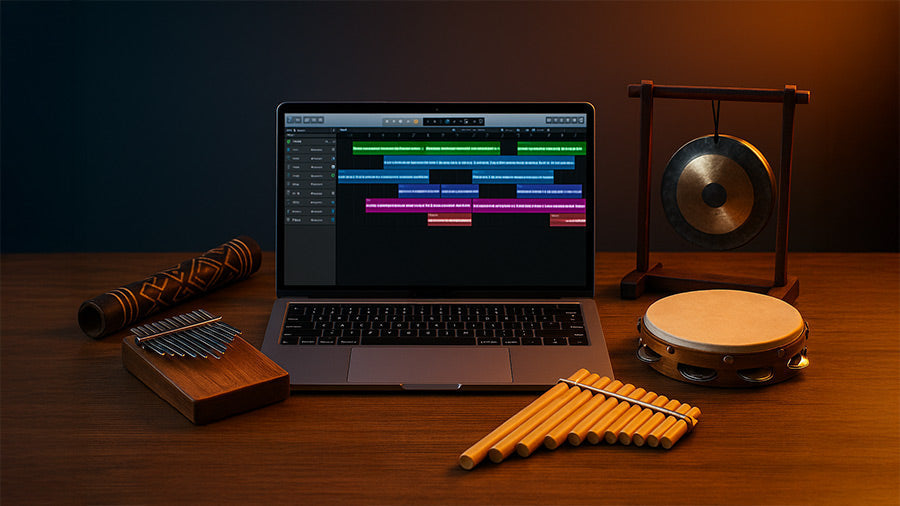Wind instruments have been vital throughout music history. From ancient civilizations to today’s orchestras, they have enhanced various musical genres. Let’s discover the world of wind instruments—their uses, types, history, and prices. Get ready for a musical journey! Music transcends language and stirs emotions, and wind instruments play a key role in creating these powerful sounds.
A Brief History of Wind Instruments
Wind instruments have evolved over thousands of years, beginning with simple bone, shell, and reed versions. Ancient Egyptians, Greeks, and Romans developed instruments like flutes, aulos, and tibia. Medieval recorders and shawms were key in religious and court music. The Renaissance and Baroque eras introduced the clarinet and modern flute, while 19th- and 20th-century valve additions expanded brass instruments’ range, cementing wind instruments in orchestras and jazz.
Types of Wind Instruments
Wind instruments are woodwinds and brass. Woodwinds (flute, clarinet, oboe, bassoon) use air vibrations; brass (trumpet, trombone, French horn, tuba) use buzzing lips and valves or slides. Globally, Asia’s dizi and shakuhachi flutes, Africa’s djembe and kora, Europe’s flute and bagpipes, and the Americas’ Native American flute and saxophone all hold cultural importance. They shape music across genres—woodwinds and brass in orchestras, saxophones and trumpets in jazz, traditional whistles and pan flutes in folk, and brass sections in pop and rock.
Care and Maintenance of Wind Instruments
Regular cleaning and proper storage in protective cases are essential to keep wind instruments in good condition and extend their lifespan. Following manufacturer instructions and consulting professionals helps maintain hygiene. Annual servicing by a technician ensures optimal function and longevity.
Learning to Play Wind Instruments
Learning to play a wind instrument can be rewarding. Whether you’re a beginner or improving, start by finding a qualified teacher who offers personalized guidance and corrects your technique. Choosing the right instrument is key—consider your musical taste, physical comfort, and budget, and try different options to find one that suits you. For beginners, focus on fundamentals like posture, breath control, and finger technique. Practice regularly, increase difficulty gradually, and be patient, as progress requires time and dedication.
Famous Wind Instrument Players
Many musicians have left a lasting mark with wind instruments. In classical music, Mozart excelled at flute and clarinet, composing cherished works, while Bach was a skilled flutist and organist with iconic Baroque pieces. French flautist Jean-Pierre Rampal revolutionized the flute as a solo instrument.
In jazz, Charlie Parker transformed the genre with his saxophone, and Louis Armstrong was pivotal with trumpet and vocals. Benny Goodman, the "King of Swing," popularized clarinet solos. Contemporary artists include Kenny G, known for smooth jazz saxophone; Chris Botti, a soulful trumpet player; and James Morrison, a versatile multi-instrumentalist skilled in trumpet and trombone across jazz, classical, and pop.
The Evolution of Wind Instruments
Wind instruments have evolved significantly over centuries through technological advancements like valves in brass instruments and improved key mechanisms in woodwinds, enabling wider ranges and complex passages. Musicians and makers have experimented by adding extra keys or using unconventional materials to enhance sound quality. Recently, hybrid instruments blending features of different wind types—such as the saxophone-flute "saxophone flute" or the trombone-trumpet "flumpet"—have emerged, creating unique sounds.
Looking ahead, digital wind instruments using sensors and electronics offer versatility and new sound possibilities. Additionally, increasing focus on sustainability is driving makers to explore eco-friendly materials like recycled plastics and sustainable woods to reduce environmental impact.
Where to Buy Wind Instruments
If you're looking to start or expand your collection of wind instruments, you want quality, variety, and expert support. Our collection offers a carefully curated range of wind instruments—from beginner-friendly models to professional-grade pieces—crafted with excellent materials and attention to detail. Whether you're searching for woodwinds like flutes and panpipes or whistle and kazoos, we provide options suited to every skill level and budget. Each instrument is backed by our commitment to quality and customer satisfaction, making it easier for you to find the perfect one.

